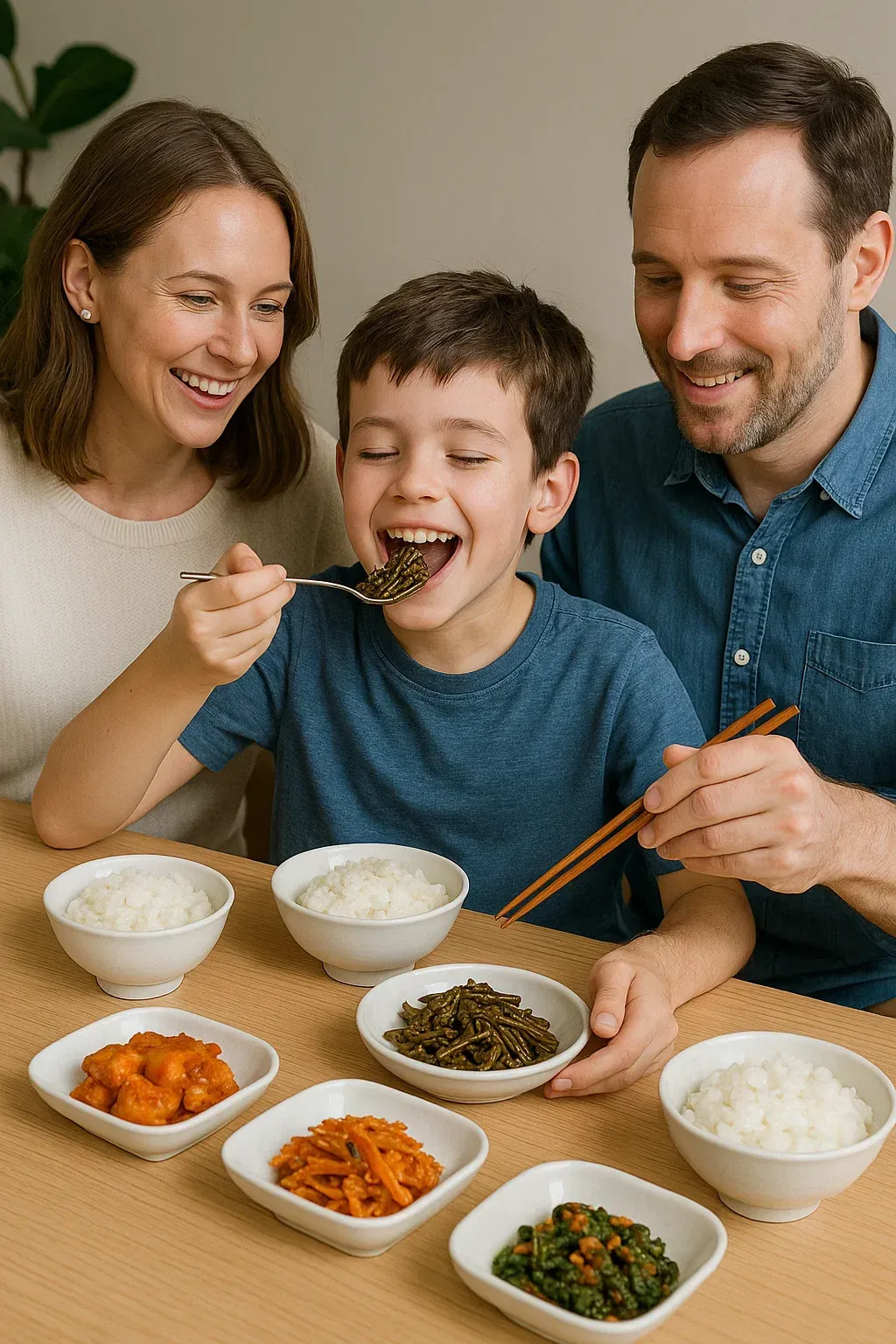From the Ocean's Depth: A Dietitian's Guide to Kombu and Ecklonia Cava (곤포/감태)
The sea, a source of life and nourishment, offers some of the most concentrated and mineral-rich ingredients in traditional diets. Among these, Kombu (Kun Bu, 昆布) and Ecklonia Cava (Gan Tai, 甘苔)—both types of powerful brown seaweed—have been utilized in Traditional Chinese Medicine (TCM) and Asian coastal communities for millennia. As a dietitian focused on nutrient density and glandular health, I highlight these sea vegetables for their exceptional mineral content and unique bioactive compounds.
The Marine Treasure: Why Seaweed is So Valued
In TCM, both Kun Bu and Gan Tai are generally classified as salty and cold, primarily targeting the Liver, Spleen, and Kidney meridians. Their key traditional functions revolve around softening hardness/nodules, clearing heat, and resolving phlegm—actions that relate to managing growths, detoxification, and fluid imbalances.
Scientifically, these seaweeds are nutritional superstars. They are incredibly rich in iodine (crucial for thyroid function), fucoidans (unique sulfated polysaccharides), and phlorotannins (powerful antioxidants unique to brown algae, particularly abundant in Ecklonia Cava).
The Science-Backed Benefits of Kombu and Ecklonia Cava
Modern research supports the traditional reverence for these ocean-based herbs, particularly in areas related to metabolism and inflammation:
- Thyroid Health and Metabolism: This is arguably their most critical benefit. Kombu is one of the richest natural sources of iodine, an element essential for the synthesis of thyroid hormones. The thyroid gland regulates metabolism, energy, and body temperature. For individuals in iodine-deficient diets, consuming these seaweeds supports healthy thyroid function.
- Fighting Inflammation and Oxidative Stress: Both seaweeds, but especially Ecklonia Cava (Gan Tai), are packed with potent antioxidants. The phlorotannins in Ecklonia Cava are known to be far more powerful than land-based antioxidants, exhibiting exceptional ability to neutralize free radicals, reduce inflammation, and protect cardiovascular tissues.
- Cardiovascular and Blood Sugar Support: The unique fibers, like fucoidans, are highly studied for their ability to bind with cholesterol and bile acids, aiding in their elimination and supporting healthy cholesterol levels. Furthermore, these fibers help moderate blood glucose levels, contributing to stable energy and metabolic health.
- Addressing Phlegm and Swelling (TCM Perspective): The traditional use of "softening hardness" often refers to conditions like goiter (swollen thyroid gland due to iodine deficiency) or other fluid-retention swellings. The unique mineral balance and cooling action of these herbs help manage fluid dynamics and reduce swelling.
Incorporating Seaweed into Your Daily Diet
Integrating Kun Bu and Gan Tai into your meals is easy and adds a unique umami flavor:
- Kombu in Broths: Add a strip of dried Kombu to water when cooking rice, or use it to make a Japanese dashi broth. It boosts flavor and mineral content without being overpowering.
- Seaweed Supplements: Ecklonia Cava extracts (Gan Tai) are often found in supplement form, concentrating the powerful phlorotannins for targeted anti-inflammatory and antioxidant support.
- Dried Gan Tai: The dried form can be soaked and added to salads or used in savory side dishes.
Important Cautions: Due to their very high iodine content, individuals with pre-existing thyroid conditions (especially hyperthyroidism or Hashimoto’s) should use these seaweeds in moderation and only under the guidance of a healthcare professional. Excessive iodine intake can disrupt thyroid function.
These marine treasures offer a profound pathway to nourishment. By embracing the density and power of Kombu and Ecklonia Cava, you are grounding your health in the foundational strength of the ocean.
- Dr. Chumgmoo "John" Huh, L.Ac, DAcCHM, Dipl. OM -











